Women at Leisure is a photo-project capturing women and girls in carefree moments of leisure, as a measure of freedom and visual reassurance of possibilities beyond restrictions of any kind, even if momentarily. Women singing and dancing together at midnight in a temple to celebrate a deity’s birthday, someone enjoying time by herself in the woods, a girl on a romantic outing with her partner, a group of girls creating a new game or a story – each one of these are moments of them at ease and thus, of defiance.
Women at Leisure is a photo-project capturing such women and girls in such carefree moments of leisure, as a measure of freedom and visual reassurance of possibilities beyond restrictions of any kind, even if momentarily.
Also read: The Gendering Of Leisure: Who Gets To Rest?
I started this project in 2018, four years after my mother’s death..
The earliest inspiration for the project came during a conversation with one of my mother’s friends in the neighborhood. Reminiscing, she said “tumhari mummy masti-majak karne mein sabse aage thi hamare group mein!” (Your mother was most fun and goofy in our group).
I have many words to describe my mother’s personality but ‘fun’ and ‘goofy’ never made a cut to my list. Infact, my father was the funniest one in our home, but she never enjoyed his humor, which now I understand was because it was most often at her expense.
Our neighbour, Gangle aunty, went on to tell stories about my mother’s role-plays, some of them even raunchy, during their gatherings on Holi or singing and dancing and insisting that others join her too, shaking off the drudgery of everyday life through her incessant jokes and silly comments.
Her conversations were a reminder to me that I never got to know my mother as a person.
Part of it had to do with my inability to connect with her because she created a life for me which was freer than that of hers. She grew up in a village where she wasn’t allowed to study beyond 8th grade, highest among her sisters. I went to the only English-medium school in our town, to IIT and even abroad. The more I studied, the farther I went from her – both intellectually and physically. Her reality was not part of my aspirations.
Part of it was to do with the conditioning that my father’s work outside home was valuable and respectable. Ma’s work to manage a household of six, on other hand, was taken for granted. It is the same conditioning that erases or diminishes women’s identities from our attention and thus, from our memories.
Since her hard work didn’t seem valuable to me, I found her leisure both invisible and if it was absent, not worth questioning why.
The photo project of capturing women at leisure began as a reaction to her absence not just in her death but as remorse for everything I missed noticing about her when she was alive. I started documenting my sister’s life. I wanted to not just see but make her leisure a part of my attention and language. I was curious to see how she relaxed and carved time just for herself amid her hectic life as a mother of two, a primary school teacher, a woman with big dreams and limited opportunities, among other identities. And soon, everywhere I went, I couldn’t help but notice how and when women and girls around me spent time for themselves.
The photo project of capturing women at leisure began as a reaction to her absence not just in her death but as remorse for everything I missed noticing about her when she was alive. I started documenting my sister’s life. I was curious to see how she relaxed and carved time just for herself amid her hectic life as a mother of two, a primary school teacher, a woman with big dreams and limited opportunities, among other identities.
I understand now, time is a feminist issue. So is leisure. Who gets to spend time for themselves is a matter of privilege of whose time is counted as valuable economically and socially. Oppression is a loaded word. In action, however, it is often banal and thrives on controlling the most mundane parts of life: what and how to talk, eat, dress, play, love.
Also read: Unpaid Domestic Labour And The Invisibilisation Of Women’s Work
If oppression is about shrinking freedom from being, leisure is both its antidote and a measure of its absence.
With every frame of a woman or a girl laughing, creating, making this world more unique by being fully herself, I am filled with immense possibilities of what we all can be, what all my mother would have been as a girl, as a person, if I was paying attention.
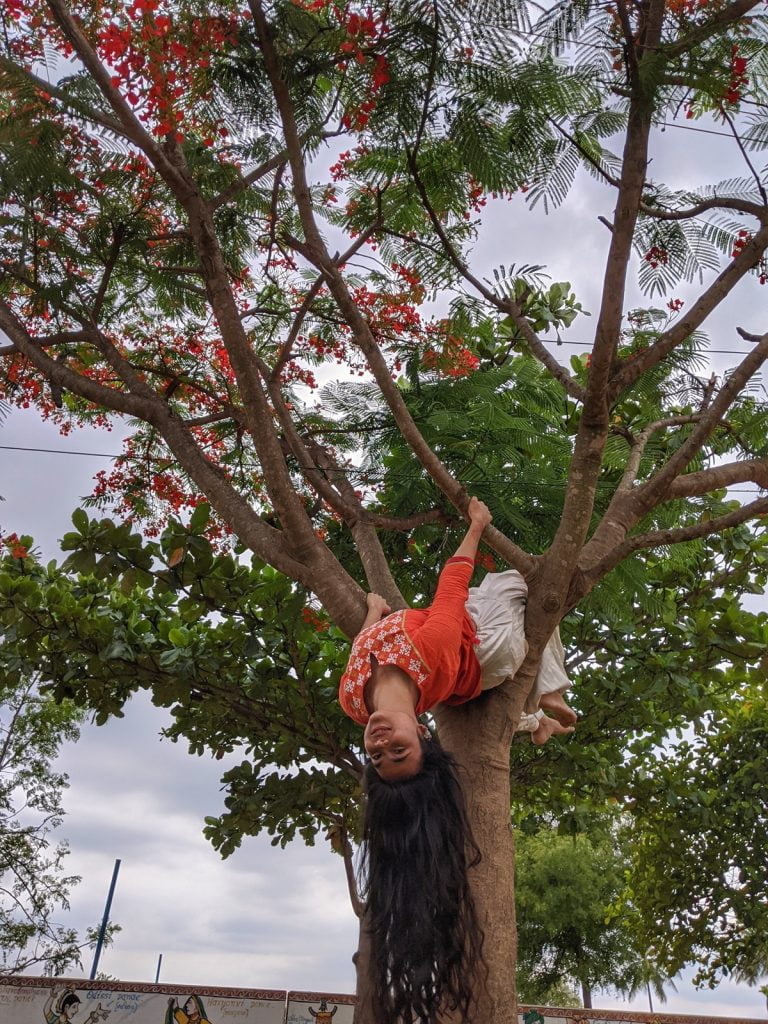
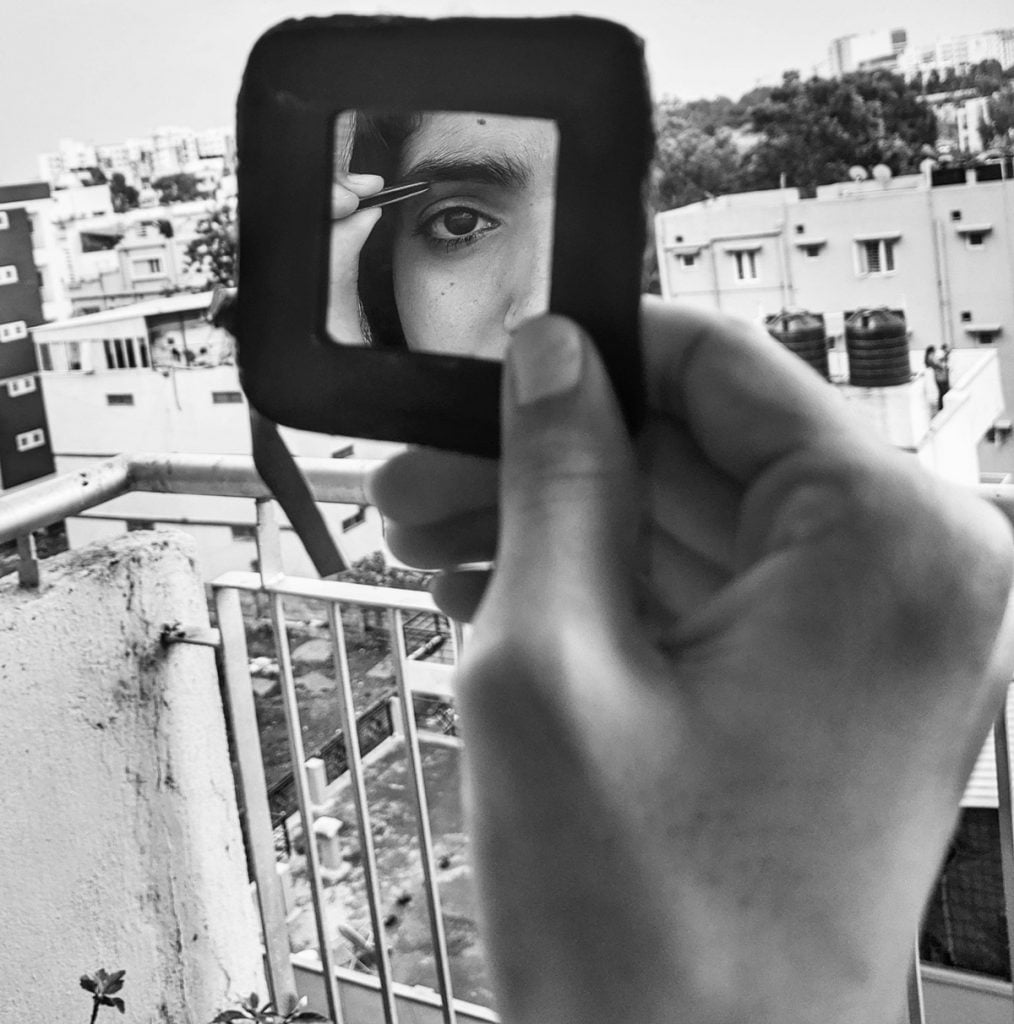
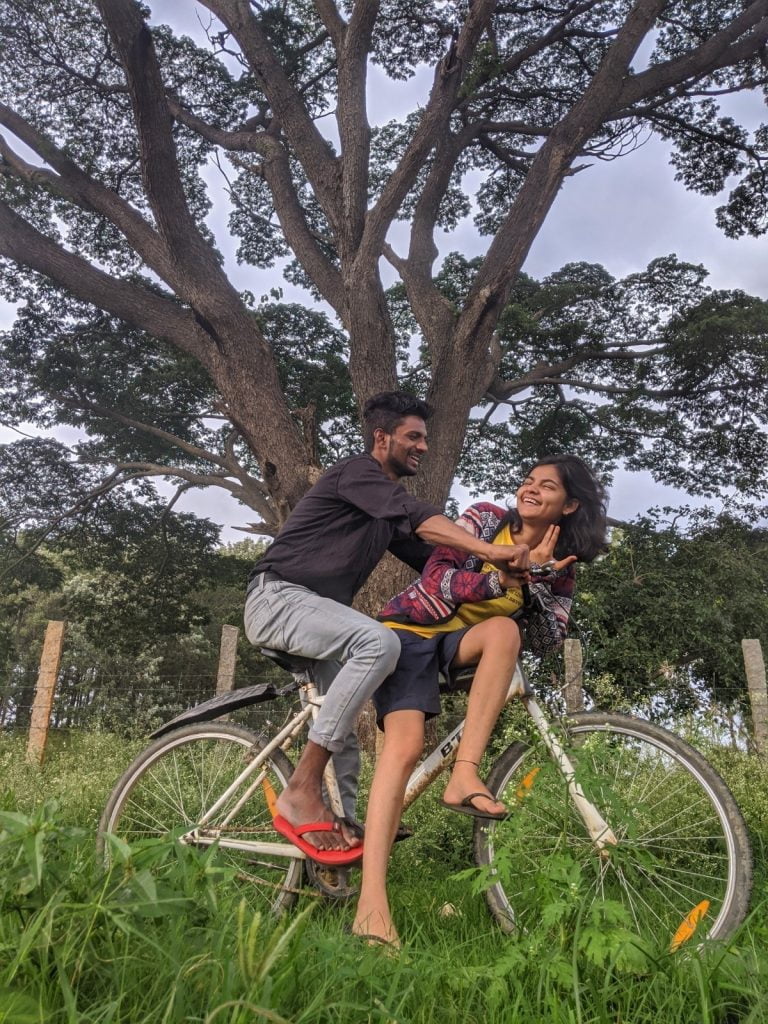
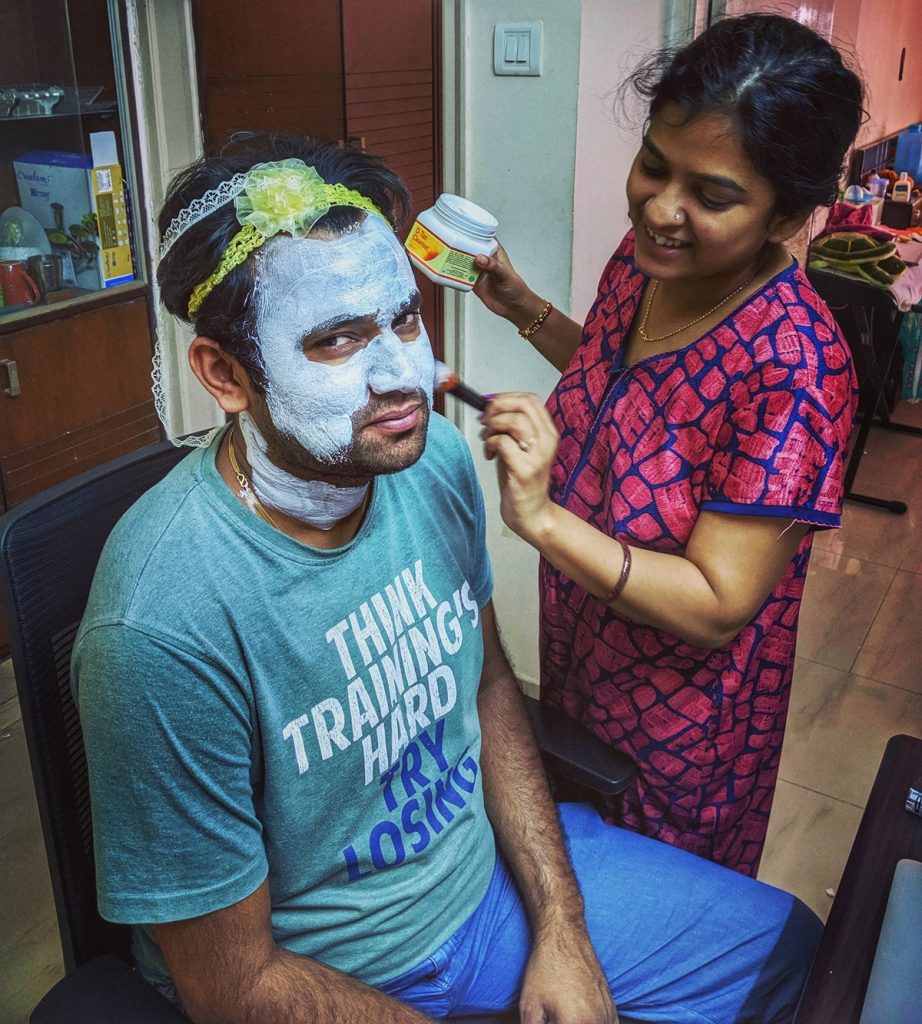
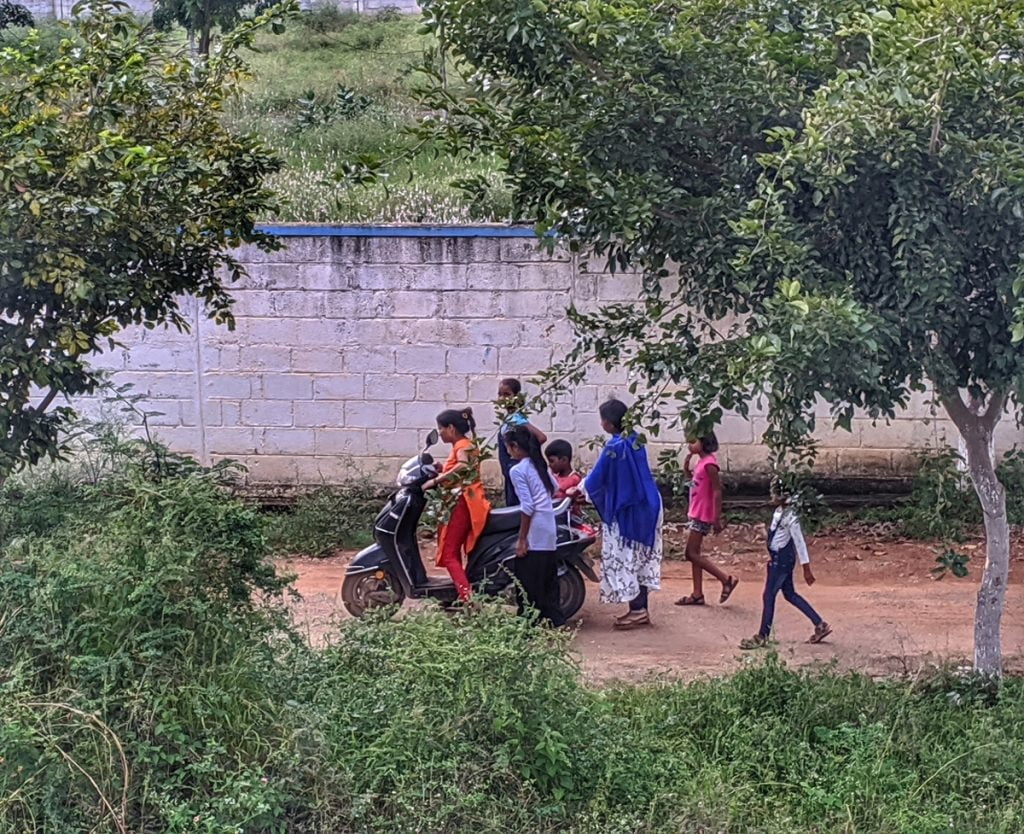
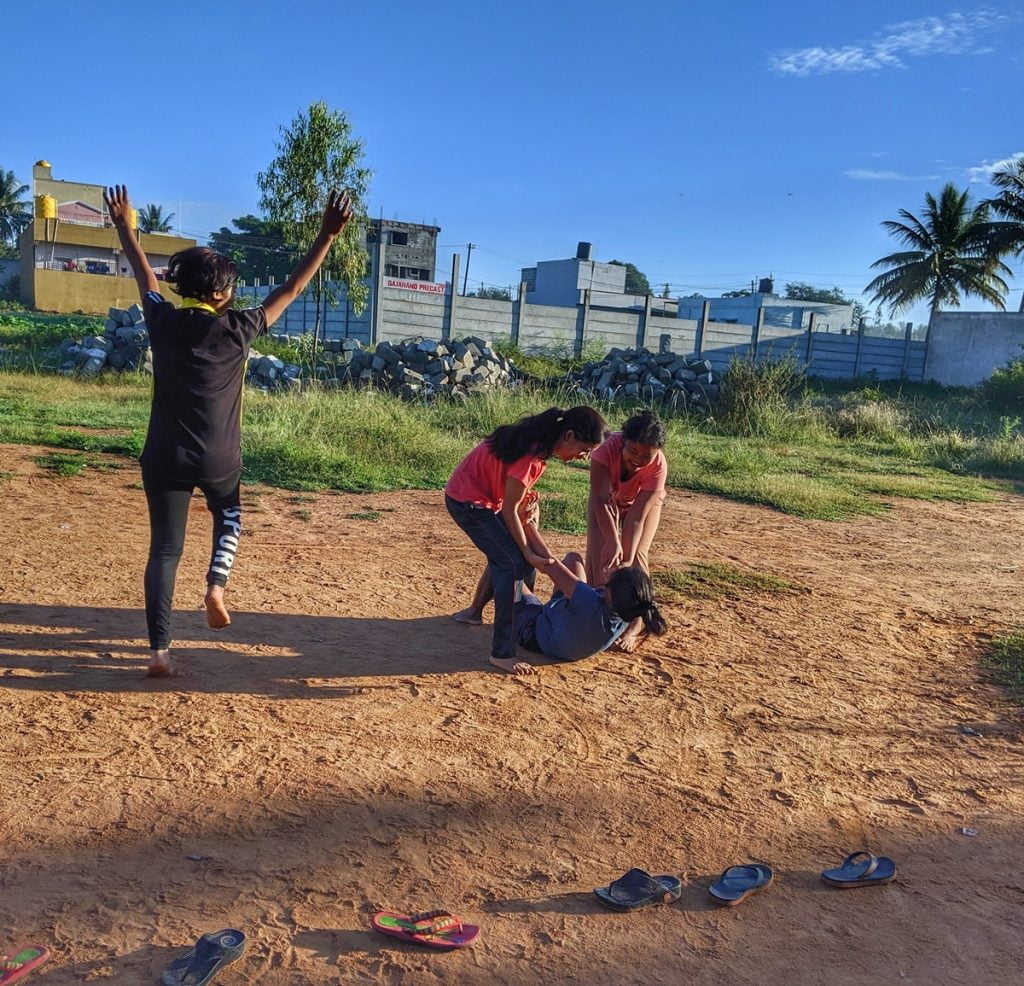
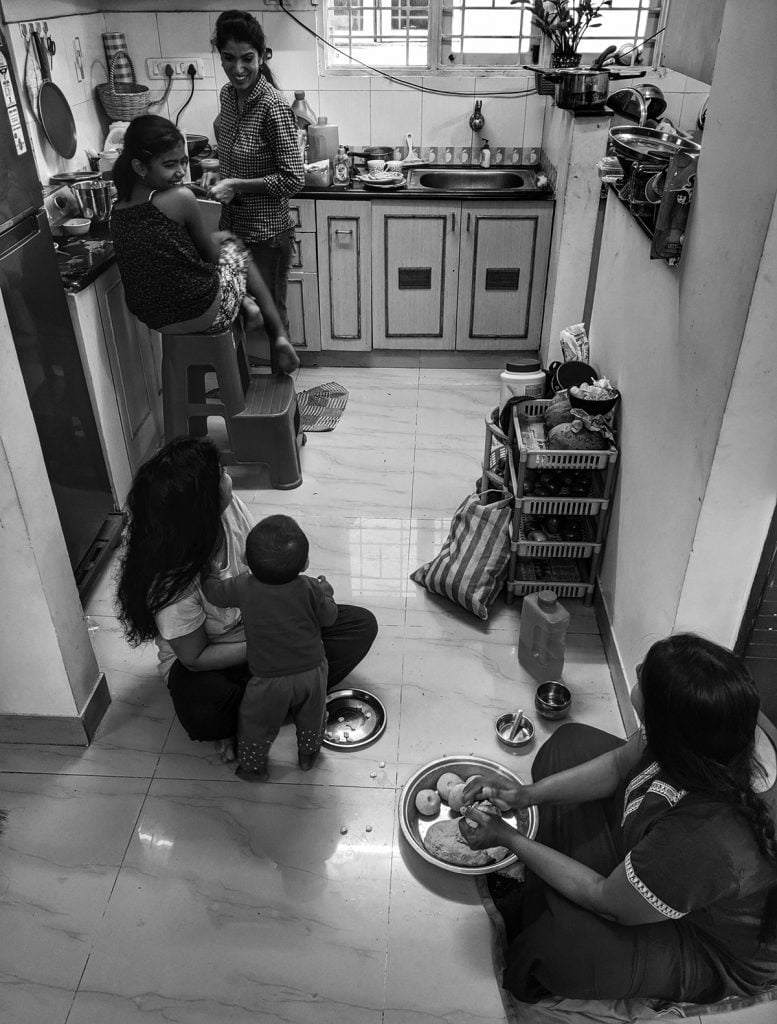
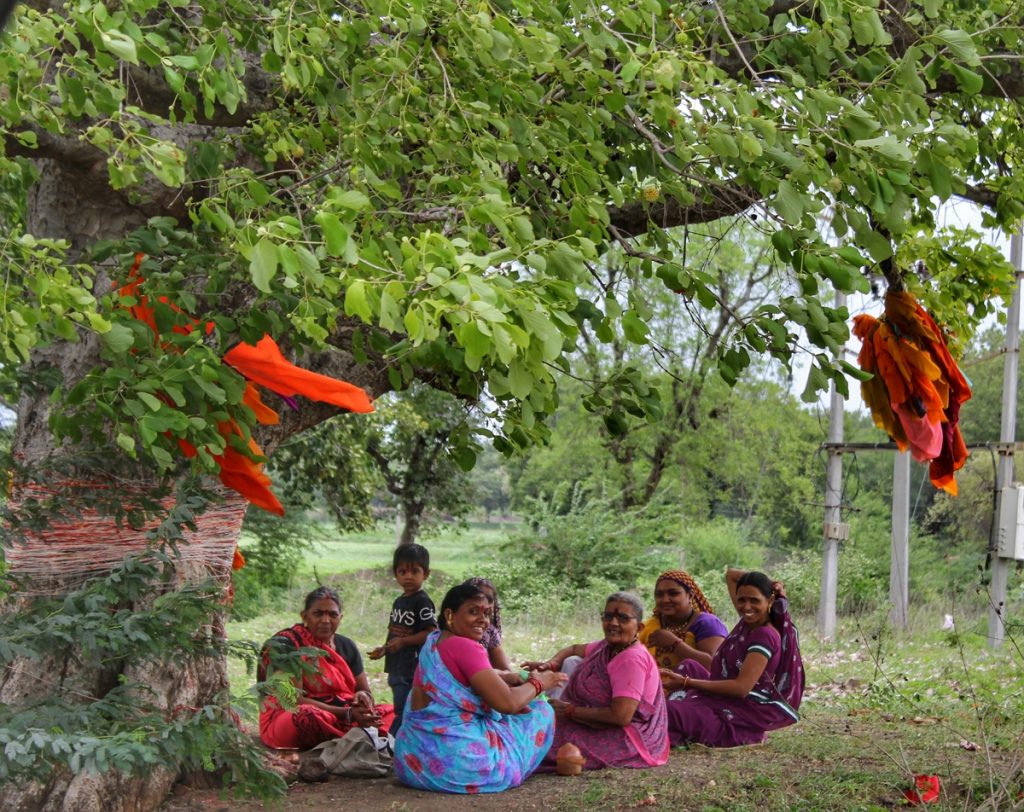
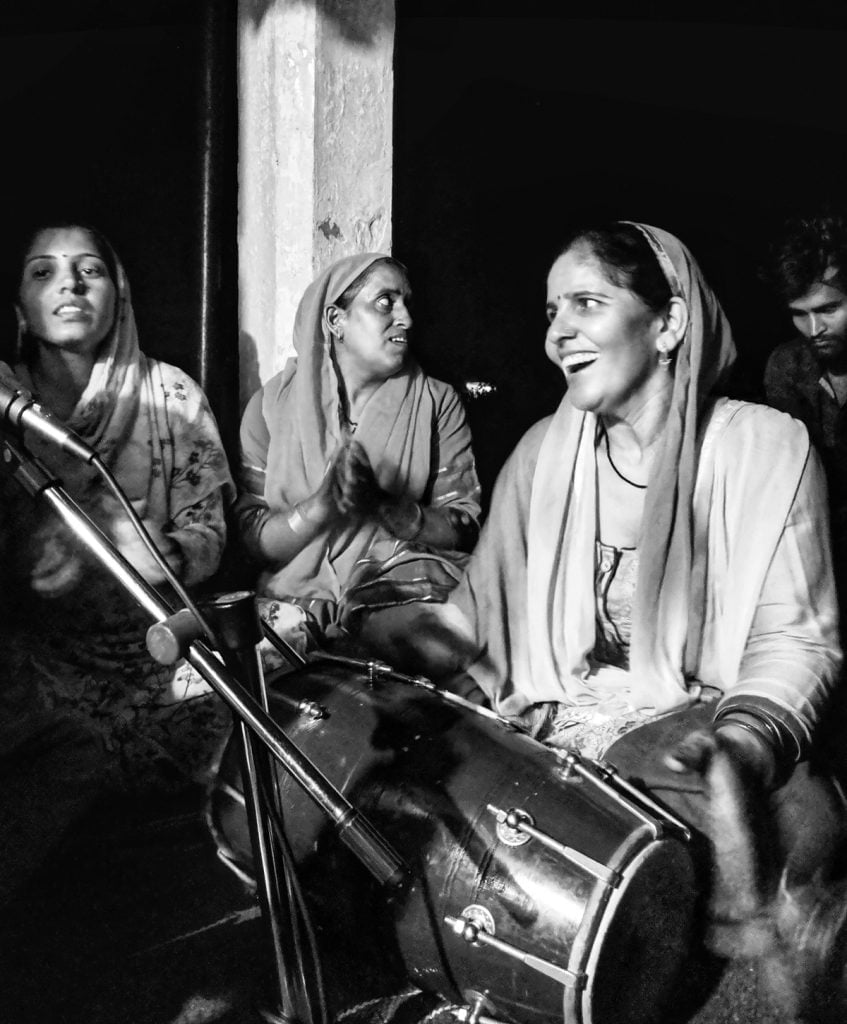
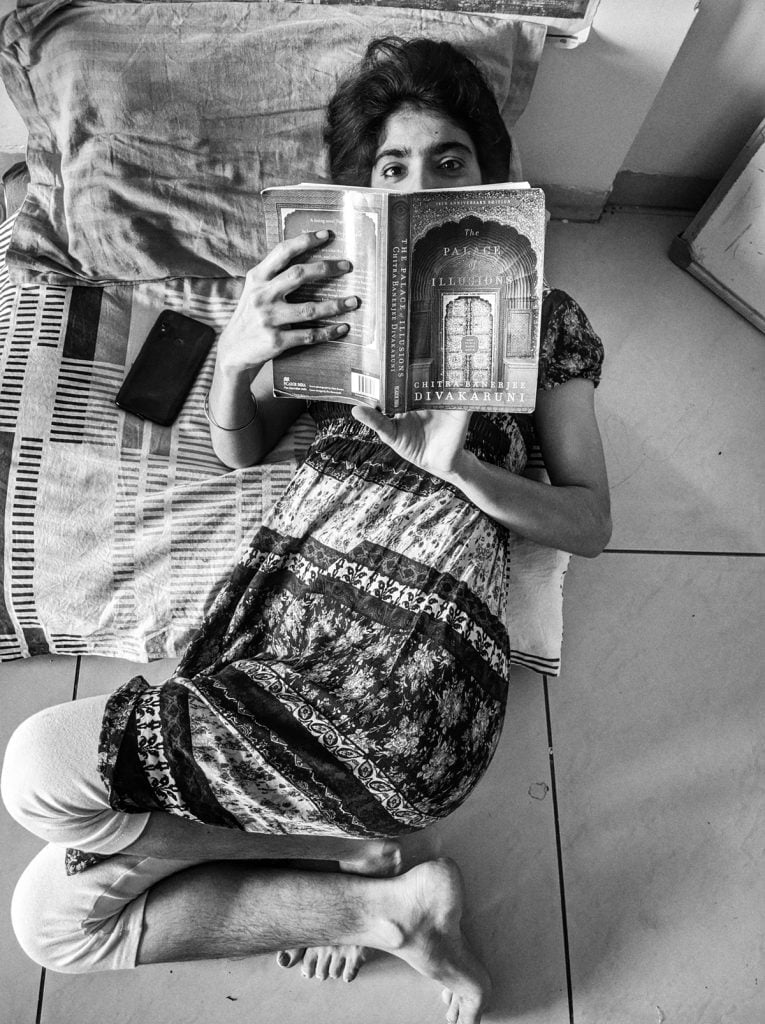
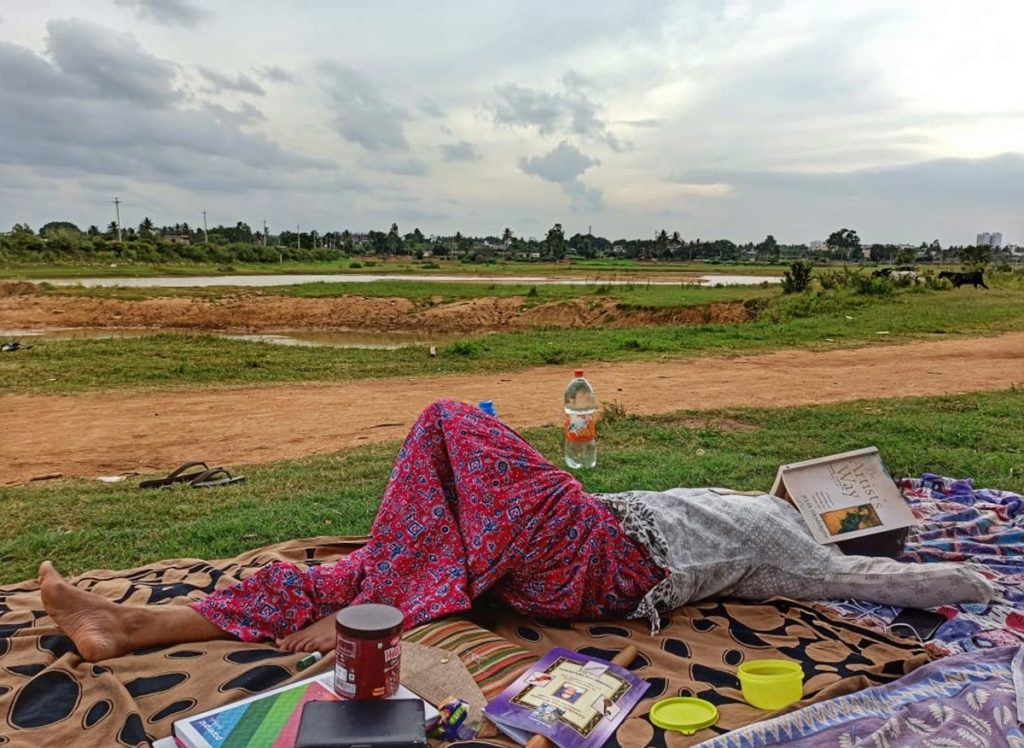
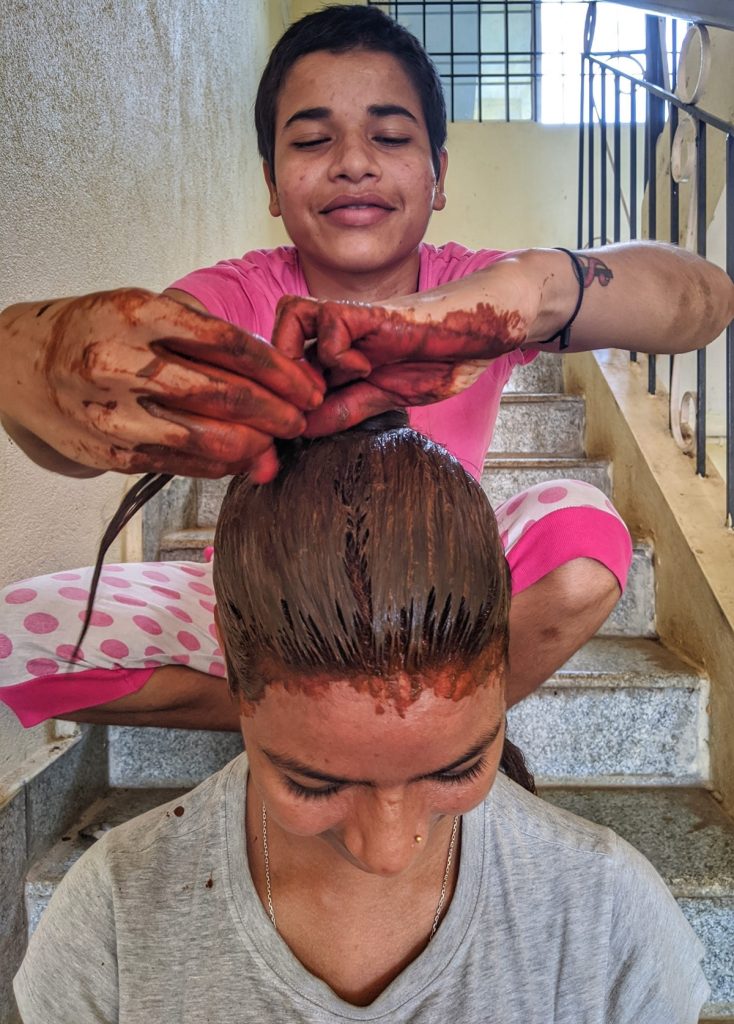
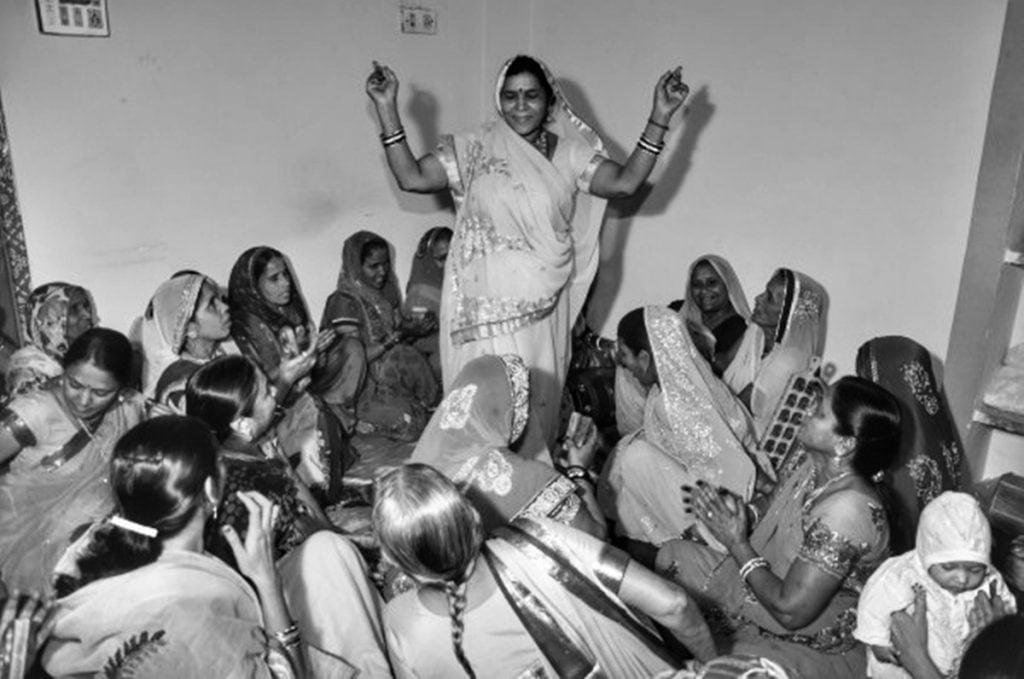
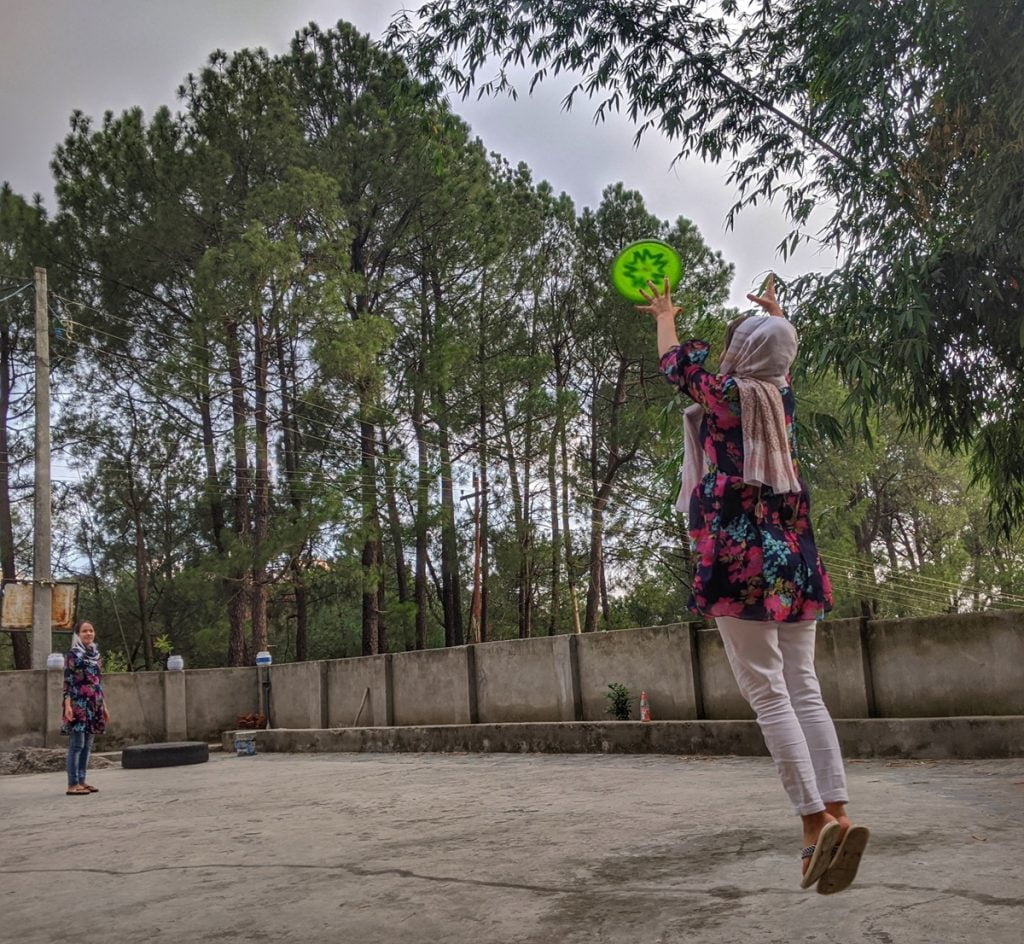
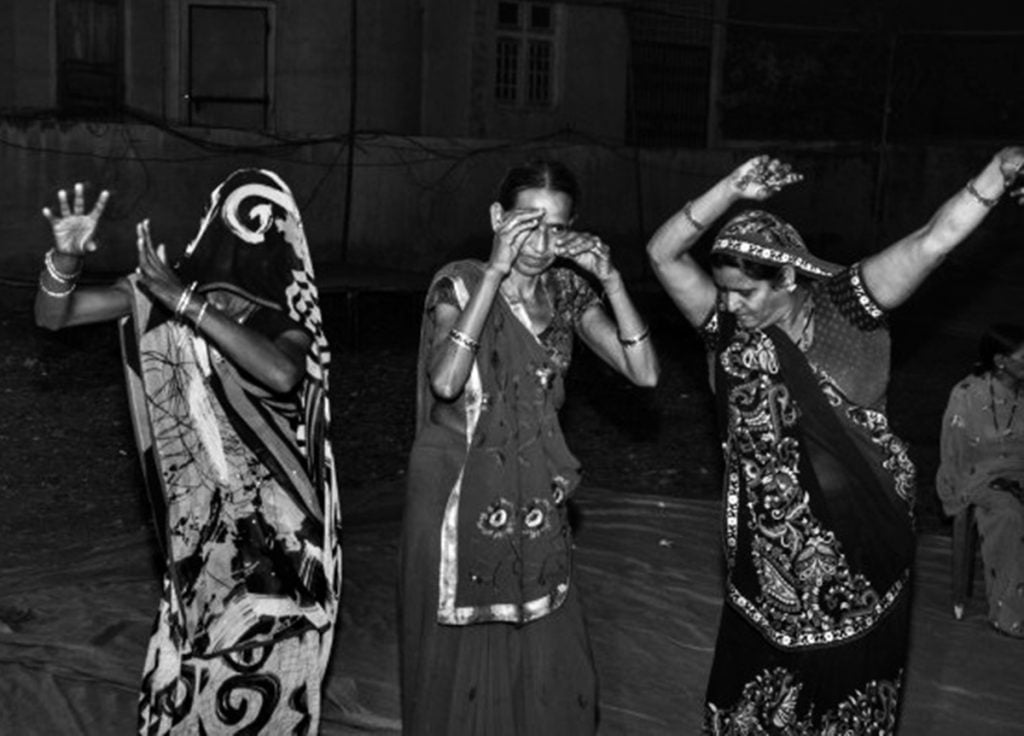
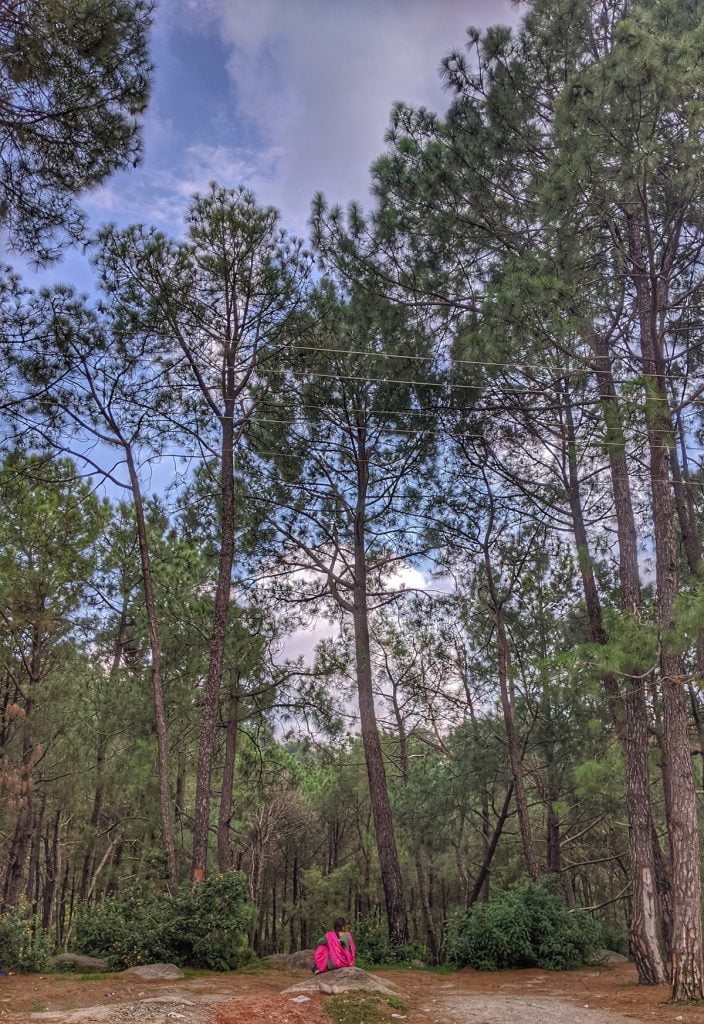
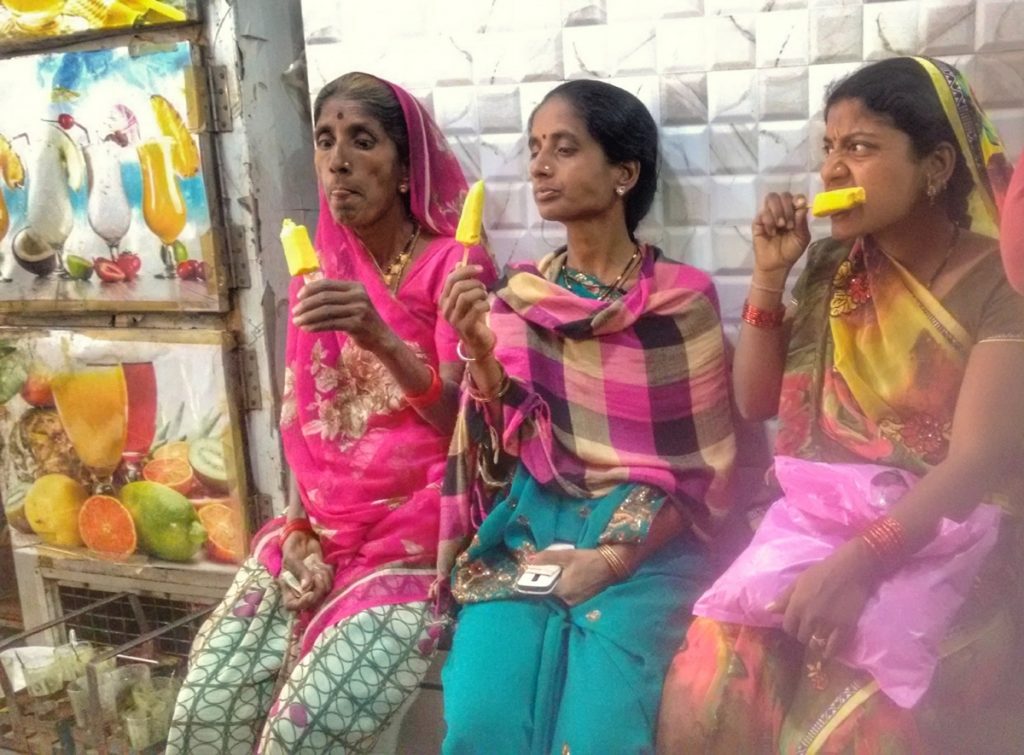
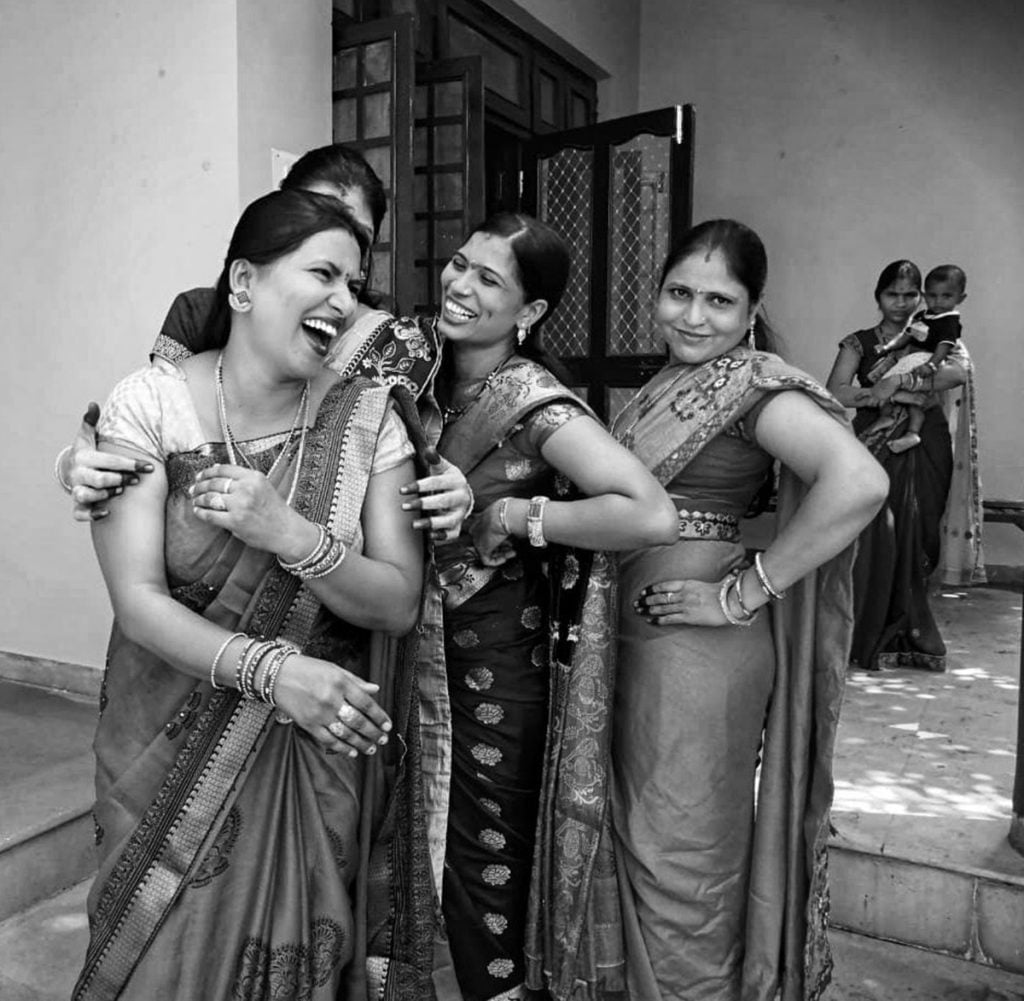
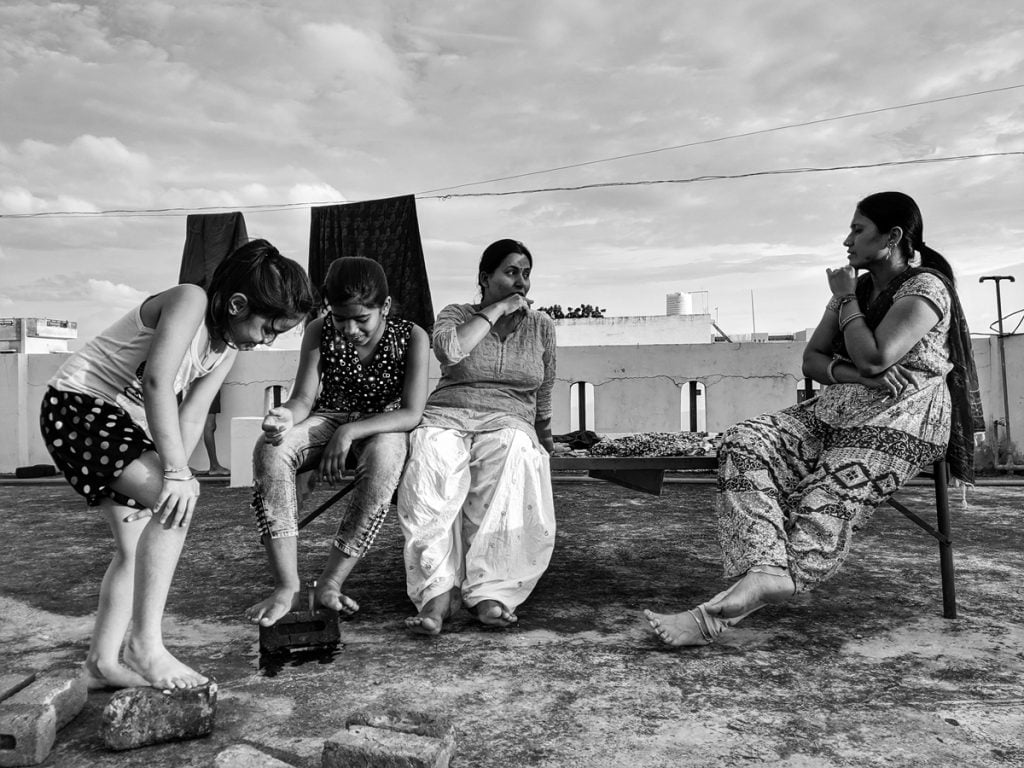
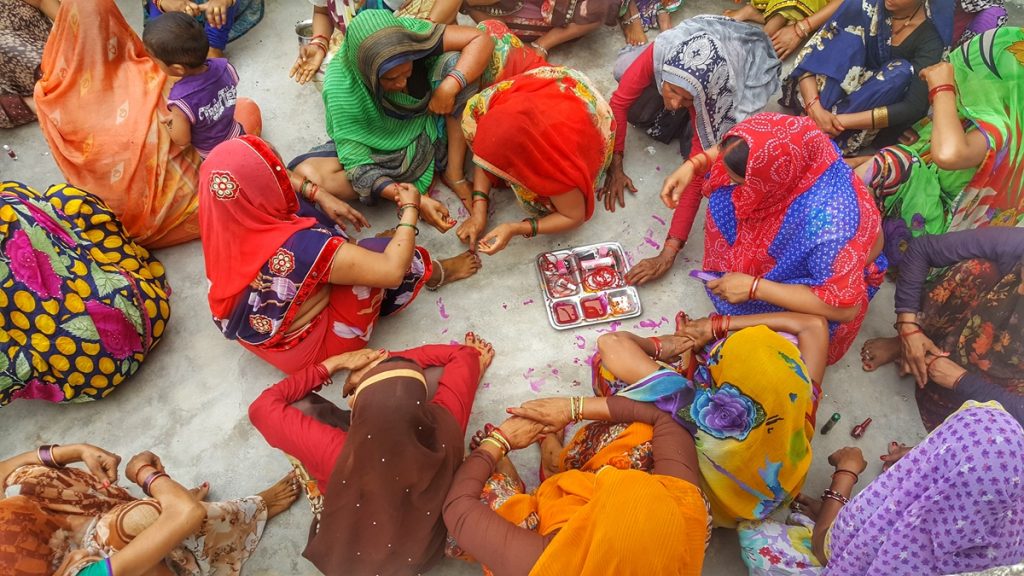
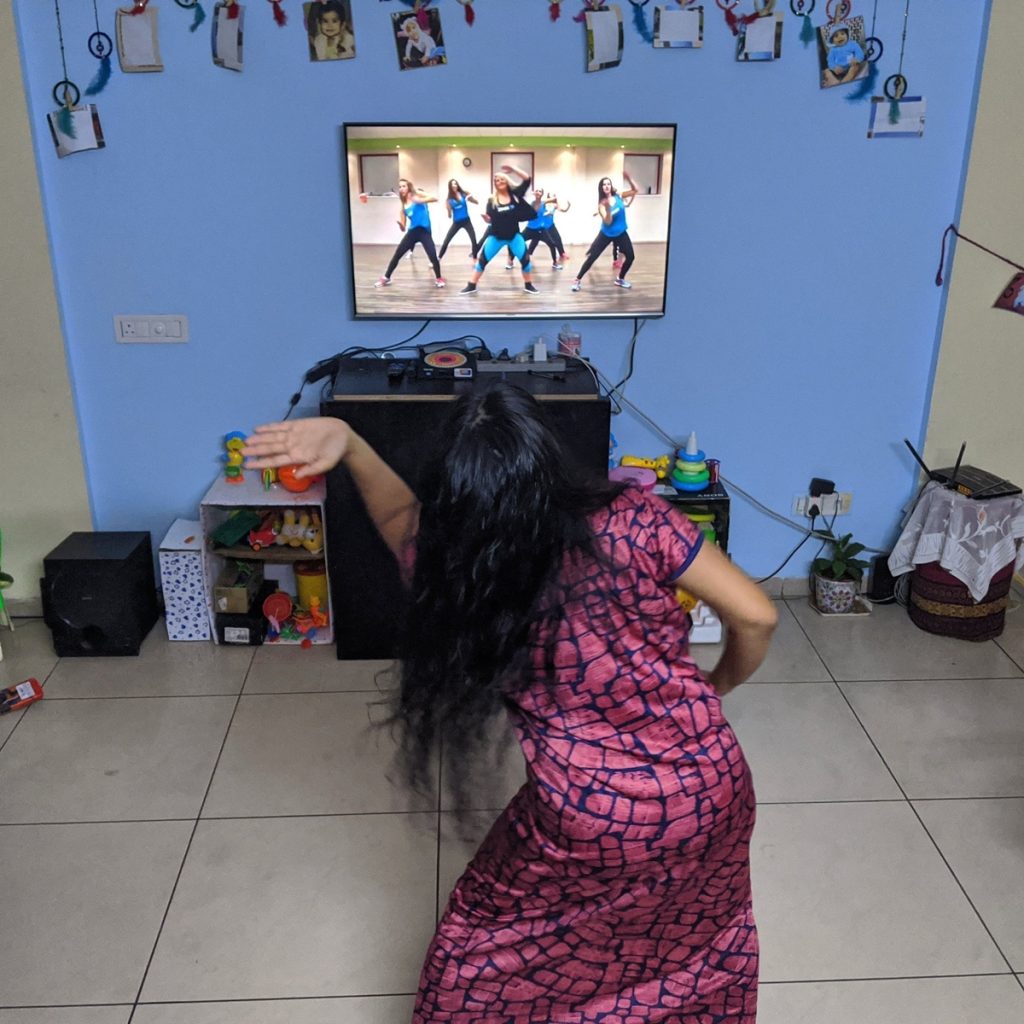
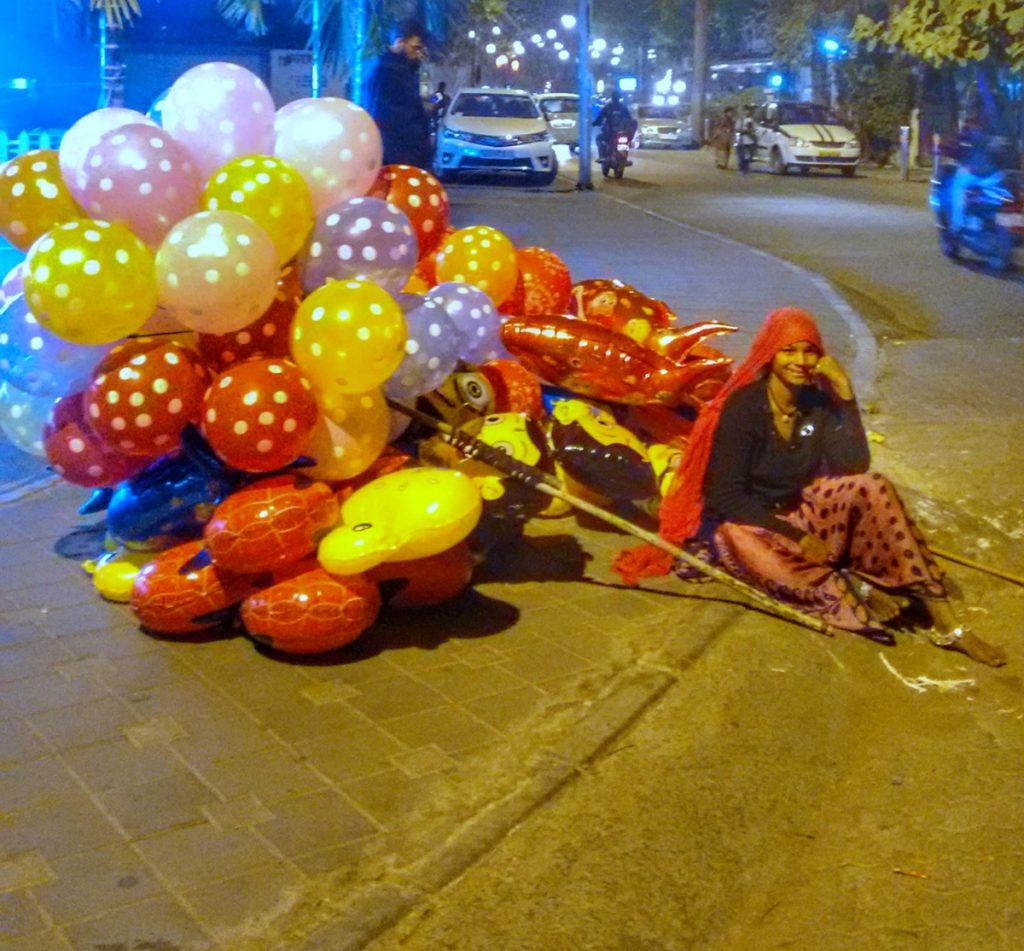
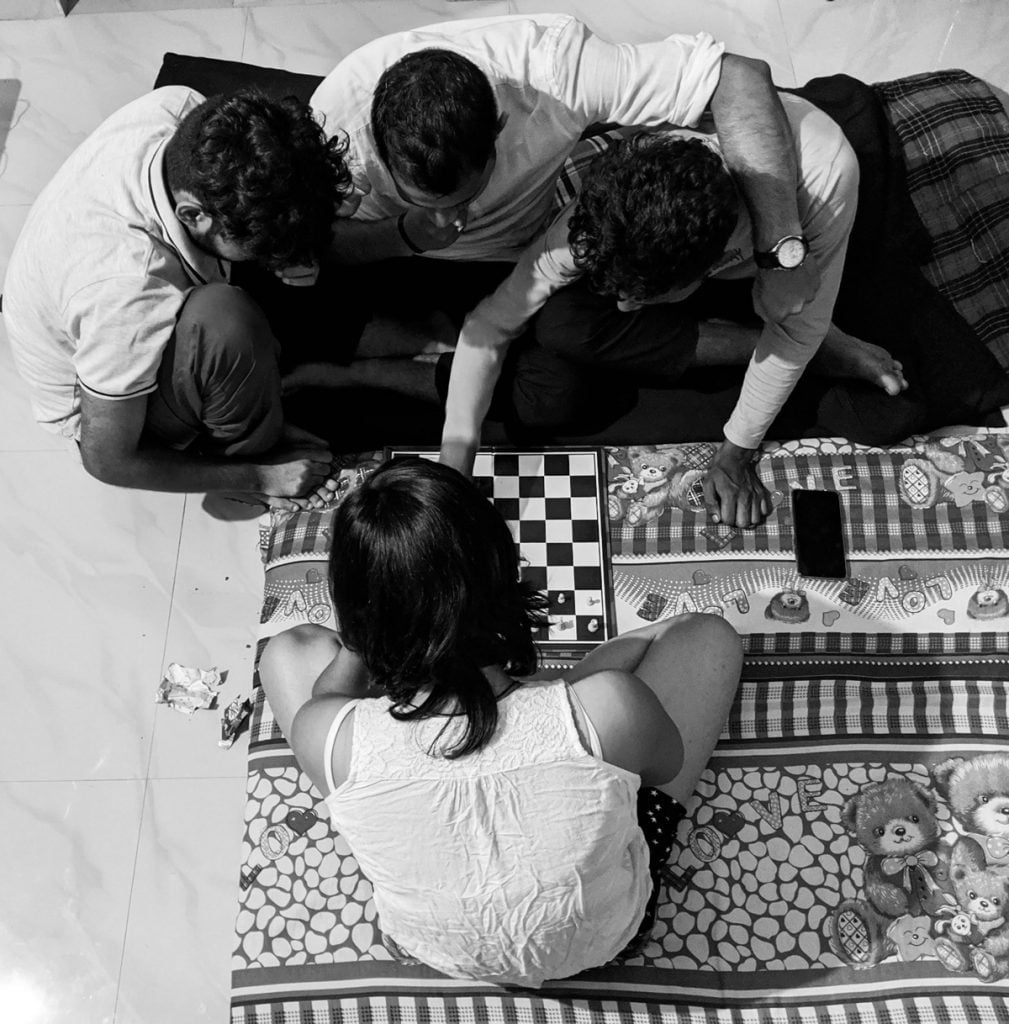
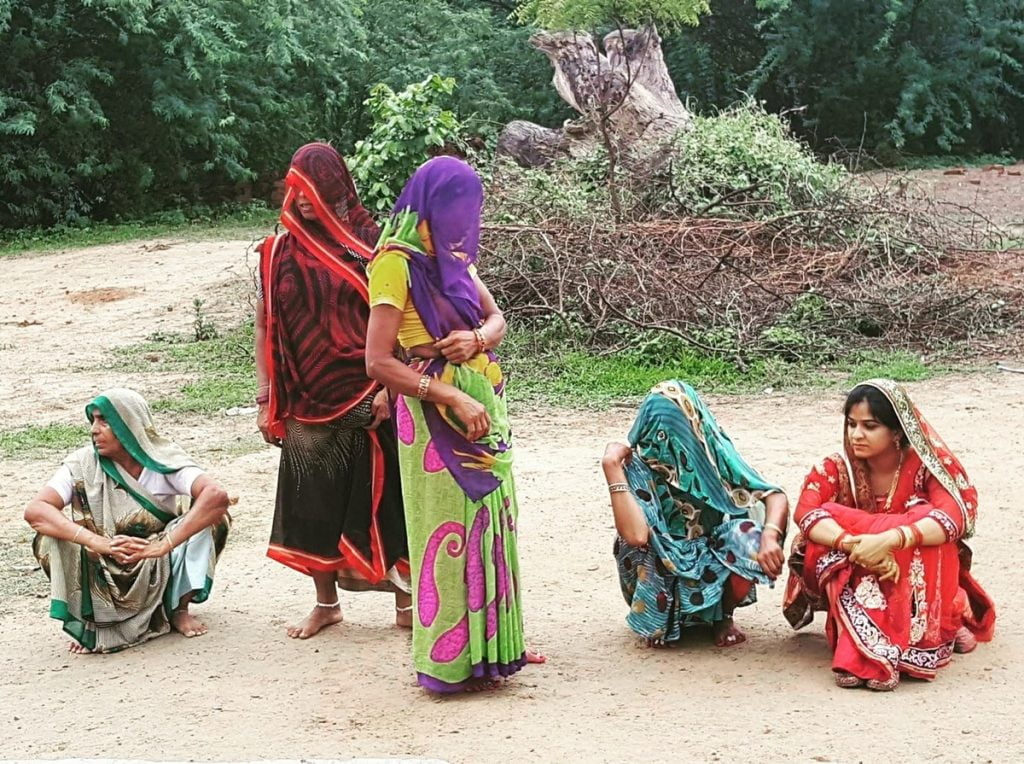
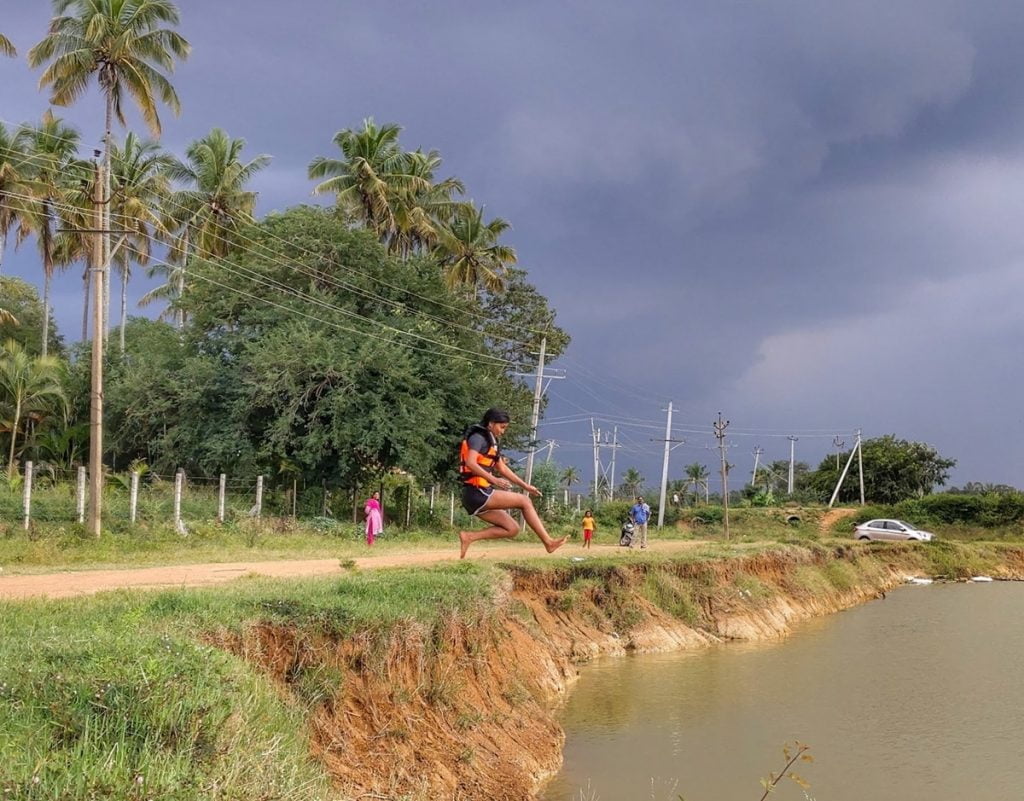
Surabhi Yadav is founder of Sajhe Sapne, a budding social enterprise helping girls in villages achieve their career aspirations. She can be contacted on Instagram and Medium.
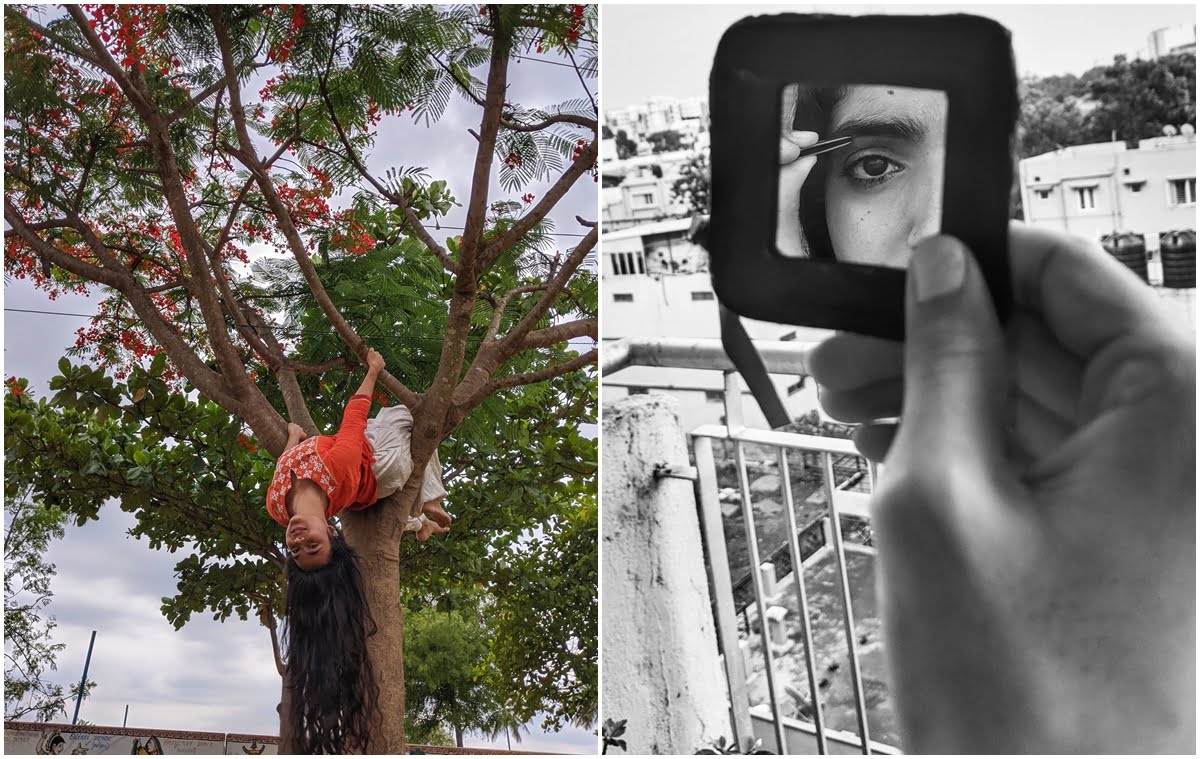
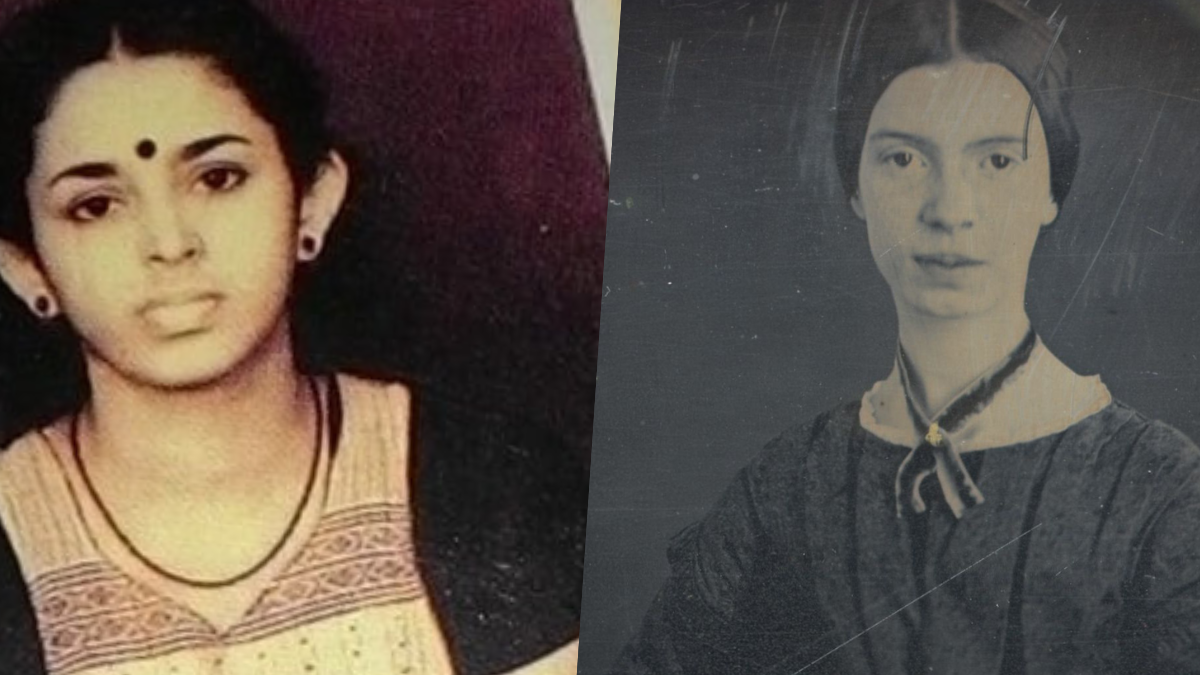

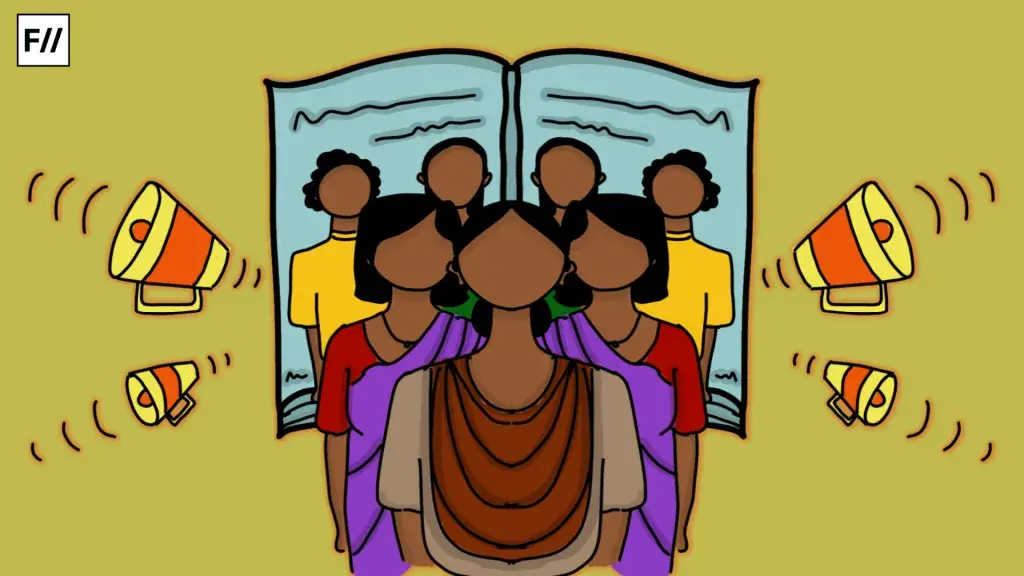

Extremely beautiful pictures. Very nice to see women enjoying. Want to see more women like this. Please avoid picturizing women in kitchen. Women helping husbands is better avoided. They have to relax and relax other women. Even bahu sitting with mother in law is not independence. Spread.